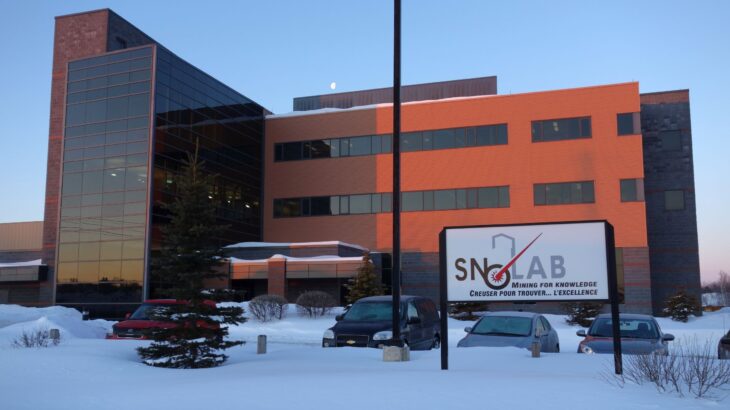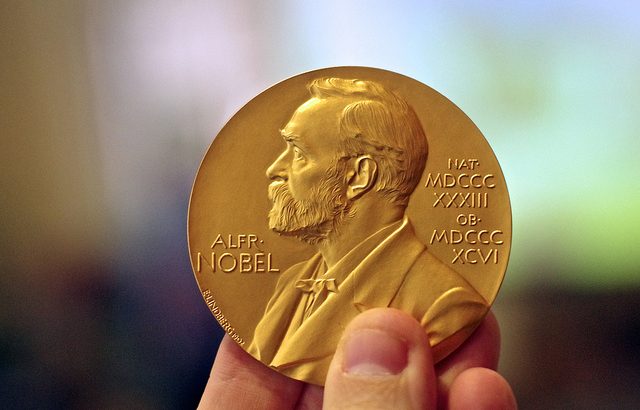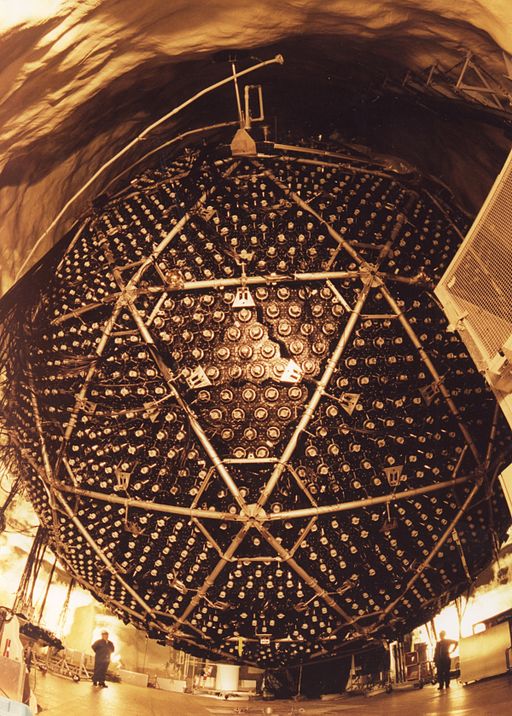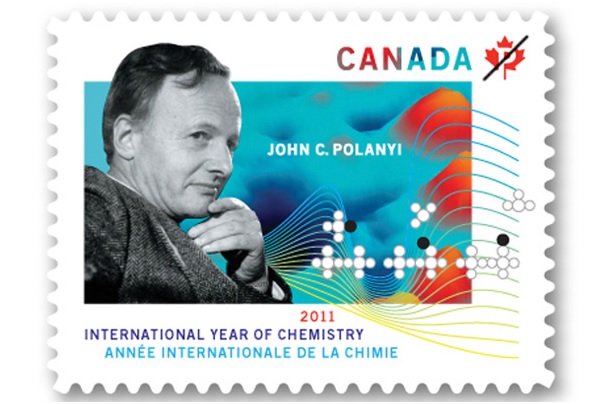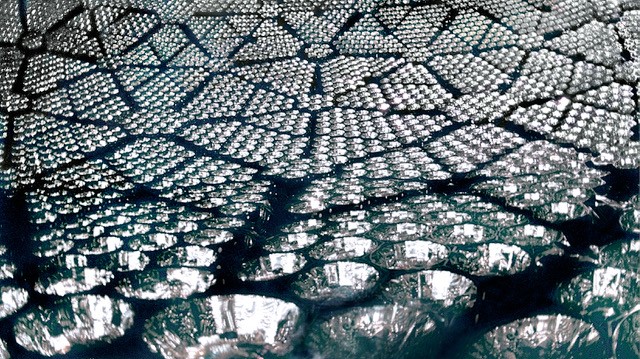
By Eloise Chakour, Physics & Astronomy editor Editor’s note: this post is the second in a two-part series by Eloise Chakour on Sudbury’s SNOLAB. Check out Part 1 here. SNOLAB’s facilities in Sudbury, Ont. include the world’s deepest, cleanest lab. Researchers at SNOLAB do world-class science, including many experiments searching for dark matter and neutrinos. […]

